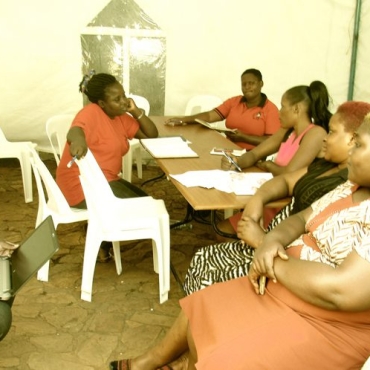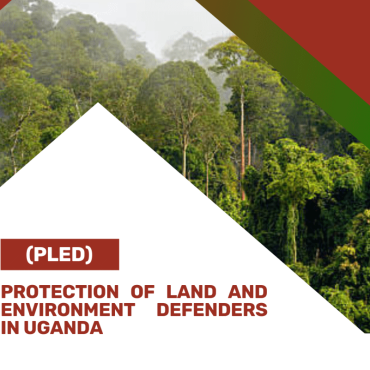A REPORT ON ANTI- MONEY LAUNDERING AND COUNTER-TERRORISM FINANCING (AML/CTF) LAWS: AN EXAMINATION OF THEIR IMPACT ON CIVIC SPACE IN UGANDA.
This report presents the findings of a study conducted by DPI titled ‘Anti-Money Laundering and Counter-Terrorism Financing (AML/CTF) Laws: An Examination of Their Impact on Civic Space in Uganda.’ The study was conducted between December 2020 and March 2021. It comes against a backdrop of a systematic buildup of contracting civic space in Uganda. This has largely been fueled by among other mechanisms, a litany of laws, all of which have negative implications for the operating environment for civil society organizations in Uganda. The laws, mostly inspired by and, in some cases, implicitly forced on Uganda as a member of the international community in the so-called ‘global war against terrorism’, have been incorporated into Uganda’s legal sphere. The study finds that whereas the law imposes obligations on Civil Society organizations (CSOs) with respect to the fight against terrorism and the general safety and security of the country, the majority are unaware of these obligations. The scope and extent of these obligations are also not clear to many, especially when juxtaposed against the various rights and freedoms guaranteed under the Constitution of Uganda, 1995. To this end, therefore, the study casts light on Uganda’s Anti-Money Laundering and Counter-Terrorism Financing legislation and examines the extent to which they are in tandem with international human rights standards.



